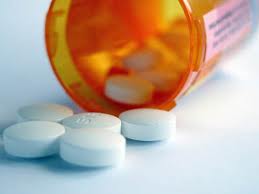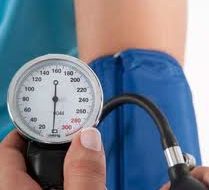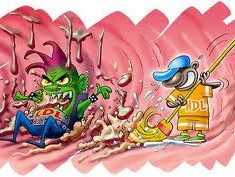High cholesterol is a growing concern for many people. You or someone you know may have been diagnosed with high cholesterol and prescribed medication to treat it. And while these medications can be lifesaving, it’s important to understand how they work and what side effects you may encounter.
Most of the time, your physician will ask you to make lifestyle changes before prescribing a medication. For many people a change in diet or exercise program will automatically lower cholesterol levels.
 However, if a lifestyle change doesn’t work or if you have a hard time committing to a lifestyle change, you may need to take a cholesterol medication. There are five major types of cholesterol medications your doctor may have prescribed.
However, if a lifestyle change doesn’t work or if you have a hard time committing to a lifestyle change, you may need to take a cholesterol medication. There are five major types of cholesterol medications your doctor may have prescribed.
The first is niacin. This is used to help raise HDL and lower LDS and triglyceride. It does this by targeting the liver. Some side effects include stomach upset, flushing, and itching. It can also raise your blood sugar levels, so you need to monitor them especially if you have diabetes.
Statins are another type of drug that also work by targeting the liver. They help to reduce LDL and are moderately good at increasing LDL. The side effects of this type of drug are very mild and they usually go away with continued use. But your doctor may want to monitor your liver function because rare complications can occur with the liver.
Another class of drug called resins actually works by targeting the intestines. It binds to bile in the intestines, which causes your liver to produce more bile. As a result, the extra bile bind to cholesterol and helps to dispose of it so there’s less in your blood.
Fibrates work to lower your triglyceride levels and can also help to raise HDL. They don’t actually do much to lower your LDL, so they’re often used in combination with other drugs.
The final type of drug is relatively new. It’s called a selective cholesterol absorption inhibitor. They work to help keep cholesterol from being absorbed by the intestines – so it can’t get into the bloodstream. These are mostly effective at lowering LDL cholesterol.
All medications carry some risks and side effects. Speak with your doctor and pharmacist about the specific drugs that have been prescribed for you. Make sure to make any lifestyle changes recommended for the medications and follow up with the appropriate screenings. Medication can be a great option if lifestyle alone won’t help to reduce your cholesterol, but you must follow proper safety practices.




